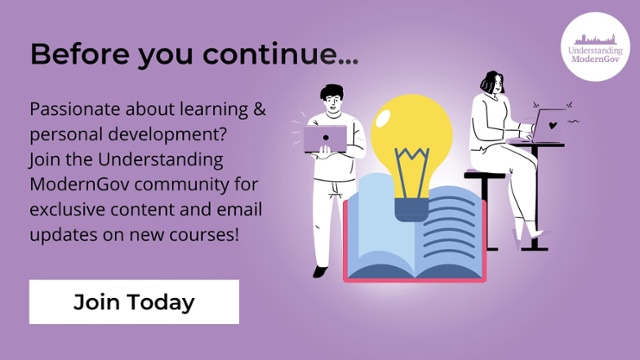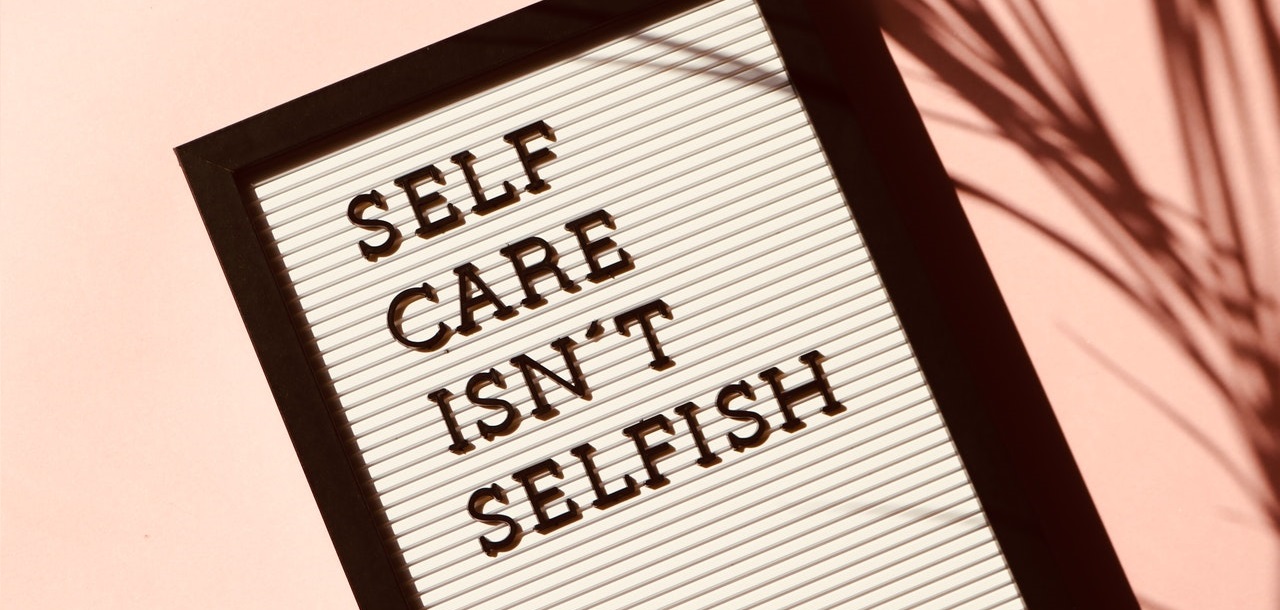The Do's and Don'ts of Workplace Mindfulness
Mindfulness is everywhere these days.
You can’t go into any bookshop without tripping over a huge pile of mindfulness colouring books. Or maybe you're getting a teeny bit annoyed by your mindfulness app reminding you to “be here now” every five minutes and judgmentally asking why you haven’t got past day two?
This can happen. That's why we're going to dive into how can we implement workplace mindfulness in safe and effective ways that ensure good practice.
What is Workplace Mindfulness?
Mindfulness focuses on cultivating presence of mind, awareness and insight into our patterns, behaviours and actions - in skillful and supportive ways. Those who use mindfulness in the workplace are often more willing to learn from others, have a more open mind to ideas and build stronger relationships internally or externally.
Mindfulness can often be viewed as “a distraction” or “another fad”, but it is a potentially powerful approach for developing long term well being.
Benefits of Workplace Mindfulness
Mindfulness is useful for supporting staff with difficulties or simply improving wellbeing, so it is very accessible. Up to 25 people at a time can attend courses and staff can support each other in sustaining practice after the course ends. Mindfulness research increased exponentially since 2002, and since then many research studies and reports found that practicing mindfulness regularly can help avoid things like:
- Stress
- Depression
- Burnout
- Anxiety
- Overwhelm
- Absenteeism
And can dramatically improve:
- Overall health
- Resilience
- Well-being
- Focus
- Decision making
- Creativity
In fact, mindfulness is so effective that many organisations including Google, the Houses of Parliament, the NHS and even the military have been implementing mindfulness training for years with great effect.
Learn more about why improving mental health in the public sector is important.
3 Dos of Workplace Mindfulness
1. Understand the Power of Mindfulness
Mindfulness is not a soft skill; it is a highly nuanced and complex approach for working with highly nuanced and complex issues. Professional mindfulness teachers are informed by the insight and experience gained from both teacher training and established personal practice; in the same way we would expect a qualified yoga teacher to understand how to facilitate a safe and effective yoga class from their own personal practice, training and knowledge of yoga rationale, anatomy and physiology.
2. Attend Certified Courses by Certified Professionals
With its increasing popularity and profile, mindfulness teaching is suddenly an attractive, and potentially lucrative option, for experienced and not so experienced mindfulness teachers. Unfortunately, simply having an impressive collection of scented candles and mindfulness apps does not equip someone to teach mindfulness.
Achieving workplace mindfulness can be a rocky road for some employees, therefore it's important to have a highly experienced guide for that kind of journey into our own processes.
3. Understand Why
Whether you're thinking of setting up a wellbeing programme for your team, or you want to start practicing mindfulness yourself, understanding why and how it can benefit you will help you stay motivated.
Regularly practicing mindfulness, whether it's at home or at work, is a healthy habit to maintain. Think about what practicing mindfulness will help you achieve, are you practicing to increase your ability to regulate emotions, or to decrease stress and anxiety.
If you've already started your workplace mindfulness journey, here's 5 tips to help you maintain it.
3 Don'ts of Workplace Mindfulness
1. Don't be too Hard on Yourself
For some, mindfulness practice can take a bit of time to "feel like it's making an impact." If you find your mind wondering during your practice, that's often the signal to be more gentle with yourself, notice your feelings, acknowledge them and let them pass before you start again.
2. Don't Expect a Specific Outcome
If you're a manager looking to implement mindfulness into your team's working time, be sure not to set too specific outcomes that you hope to meet. Although there can be steps to follow for some programmes, even reaching the first step can be huge for some.
Allow yourself and your employees to gain an open mind, and give them the chance to learn what works and what doesn't work for them.
3. Don't Force it
Just like kale and running, mindfulness is not appealing to everyone.
On a very serious note, practicing mindfulness may not be suitable for everyone; responsible and sensitive assessment is essential good practice. A fundamental aspect of workplace mindfulness programmes for example, centre on gently building the capacity and resource to work skillfully with difficulties; this is delicate work that requires a broad skill set. Due to the nature of mindfulness training, it is vital that staff members are invited to attend such programmes on a voluntary basis – in the same way we would invite staff to attend exercise or healthy eating programs.
Last Thoughts on Workplace Mindfulness
Mindfulness is no quick fix and although many mindfulness programmes are backed up by “proper science” they alone cannot magically fix a toxic work environment. Mindfulness work programmes work well as long-term interventions that integrate and inform a well-rounded, healthy work culture.
The great news is that professional, sensitive and culturally appropriate mindfulness can be a powerful intervention for improving the lives of thousands of people within the workplace. If we take care of staff well-being at a human level, personal and organisational performance will take care of itself.
Learn How to Champion Your Mental Health at Work
The importance of mental health and mindfulness in the workplace is finally coming to the surface. Learn how to understand indicators of poor mental health and the best ways to respond with our upcoming training course, Championing Mental Health in the Workplace. View the full agenda here.






